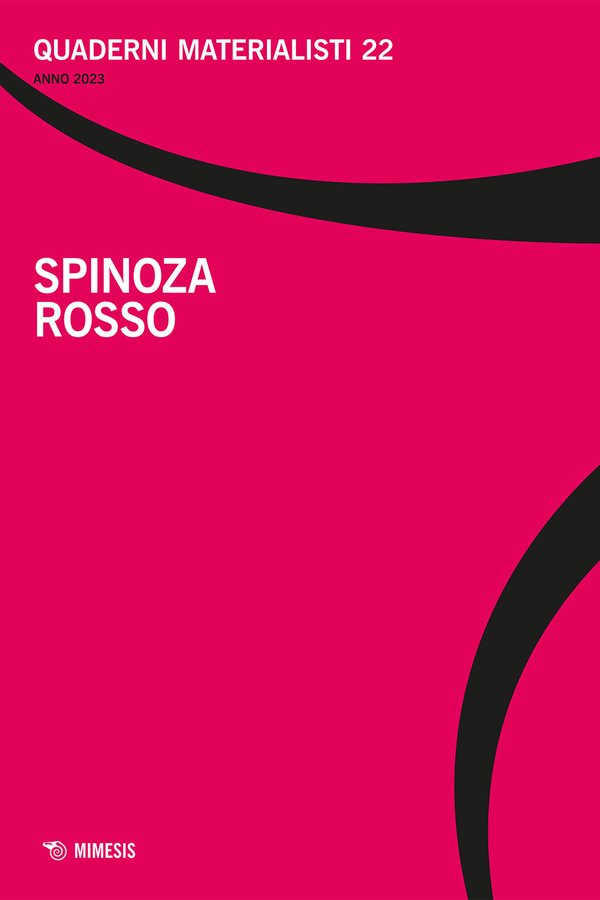André Tosel on positive finitude
Keywords:
Spinoza, André Tosel, Positive finitudeAbstract
This article examines the concept of “positive finitude,” which lies at the core of André Tosel’s later work on Spinoza. This concept underscores the rationality of the finitude and passions inherent to human beings. The affects that enhance a body’s power to exist are essential for knowledge expansion and cognitive development. In this way, the limited and finite body serves as the seat of what appears most limitless and tends toward the infinite—namely, thought. Thought, in turn, can be enriched through its relationships with other bodies and its awareness of its own partiality. This interweaving of external determinations and limits has a positive effect, provoking adaptability in the subject and fostering the critical questioning and renewal of established determinations.



